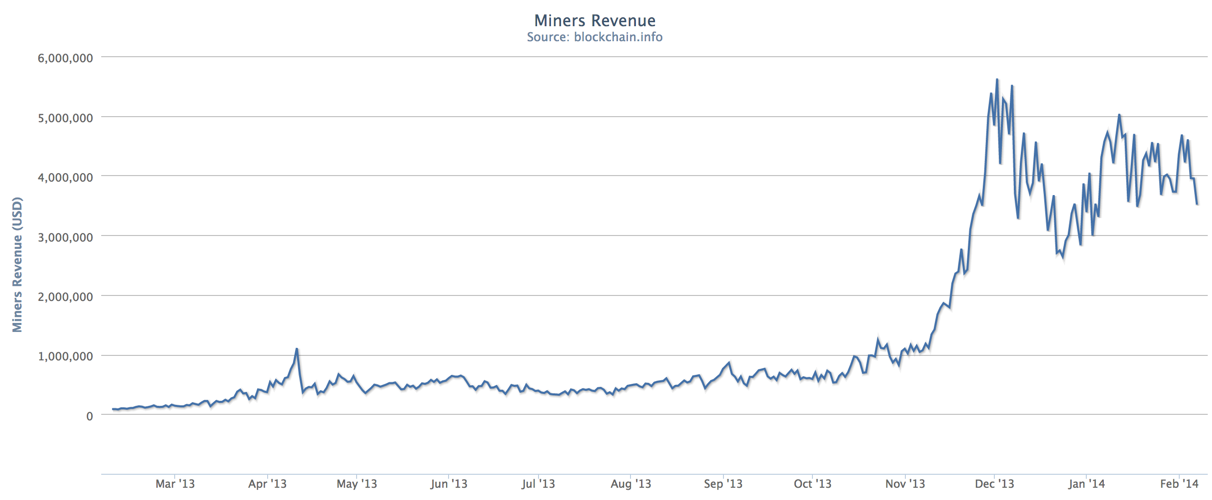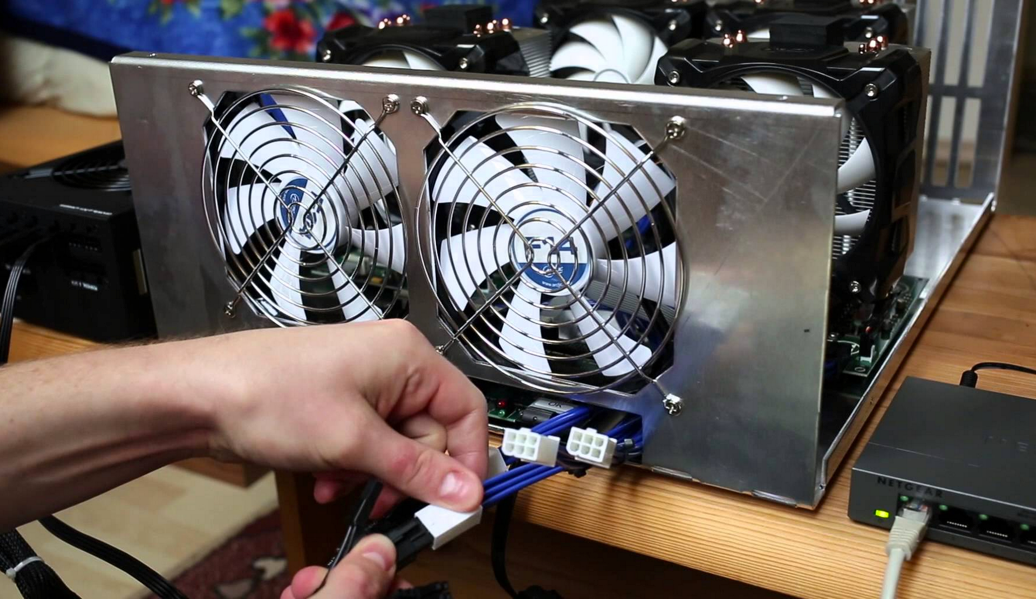
KnCMiner Offers 'Plan B' in Case of Neptune Miner Delivery Delay
One of the leaders in the bitcoin mining hardware market is planning contingencies for its future product lineup in case of delay.
KnCMiner,
a Stockholm-based bitcoin mining hardware company, has introduced a new program for its customers - Plan B.
Plan B will help compensate for possible setbacks in the shipment of the company’s new 20nm chip miner, due out later this year.
Plan B details
“Plan B is simple,” Sam Cole, one of KnCMiner's co-founders, told CoinDesk: “If we face a delay or any type, we will give each person a choice.”
This is a plan that the company is putting in place for paying customers of its latest model, the 3TH/s Neptune miner. The options are as follows:
1. Continue to wait.
2. Take a USD refund.
3. Convert to 3TH of hosting performance for a period (still to be worked out, but is likely to be around 6 months).
“All other capacity of our mine will then be offered via cloud hosted services directly from ourselves,” Cole said regarding the last option.
His idea is to try and reduce customer risk – ensuring a long-term business relationship. “This way, the customer has no risk they can pull out, stay in or convert – and let us simply supply the hashing to them,” he said.

Datacenter hashing
for Neptune buyers is to provide cloud hashing power in a datacenter. Cole said that the facility hosting the hashing is expected to be “one of the world’s largest”.
The facility will be located in Sweden. “It’s in the north, not far from the arctic circle on an old army base,” he added.
The datacenter will be using renewable energy from hydro power sources – which won't come cheap. “It’s a multimillion dollar center and is funded with the profit we made selling Jupiters,” Cole explained.
The Jupiter was a previous KnCMiner model that began shipping last October. That initial ASIC unit had 550 GH/s of power.
Last November, as the price of bitcoin began a substantial tear upward, and CoinDesk reported that KnCMiner had sold $3m worth of mining equipment within four days.
Alexander Lawn, KnCMiner’s communications representative, recently told Forbes that his company had sold $25m in product over the final two weeks of December 2013.
New technology
Cole remains effusive about his company’s ability to deliver on its promises. KnCMiner was able to release a 28nm chip for its Jupiter miner rather quickly. Today, only a small number of other hardware producers are shipping product with that particular node.
Plan B is a way to guarantee KnCMiner customers that the hashing power they paid for will be available. Cole said: “We will always deliver the performance targets.”
KnCMiner is working hard to bring the Neptune to market. But Cole concedes that the fact the 20nm chip node has not hit the mainstream is causing some snags.

“We may face delays as the technology is so new Apple won’t even have a 20nm product for a few years,” he said. KnCMiner’s Neptune model will have the 20nm chip, and is expected to ship in the second quarter of 2014.
The unit will have a minimum hashing speed of 3TH/s, which is 3,000GH/s. The units are $9,995 a piece, and will be in a limited production run of 1,200 total.
A first batch run of these 20nm miners sold out when they went on sale back in November. Pre-order registration for the second batch Neptune production run is still open on KnCMiner’s website.
Plan B image via Shutterstock
DISCLOSURE
The leader in news and information on cryptocurrency, digital assets and the future of money, CoinDesk is a media outlet that strives for the highest journalistic standards and abides by a strict set of editorial policies. CoinDesk is an independent operating subsidiary of Digital Currency Group, which invests in cryptocurrencies and blockchain startups. As part of their compensation, certain CoinDesk employees, including editorial employees, may receive exposure to DCG equity in the form of stock appreciation rights, which vest over a multi-year period. CoinDesk journalists are not allowed to purchase stock outright in DCG.

